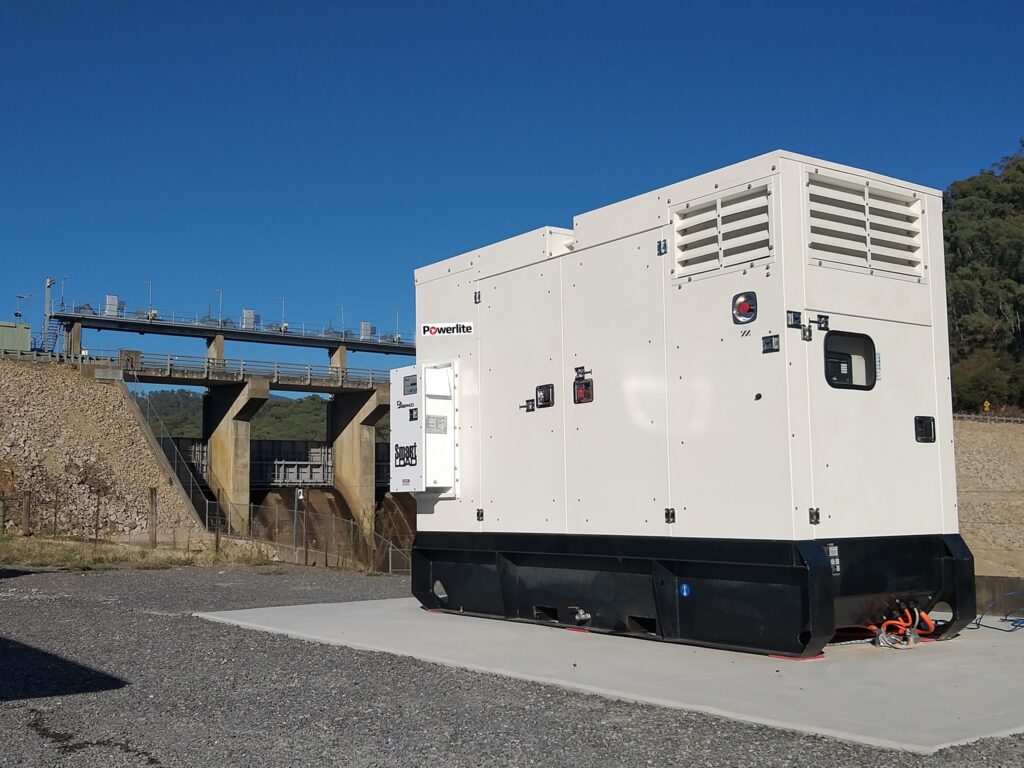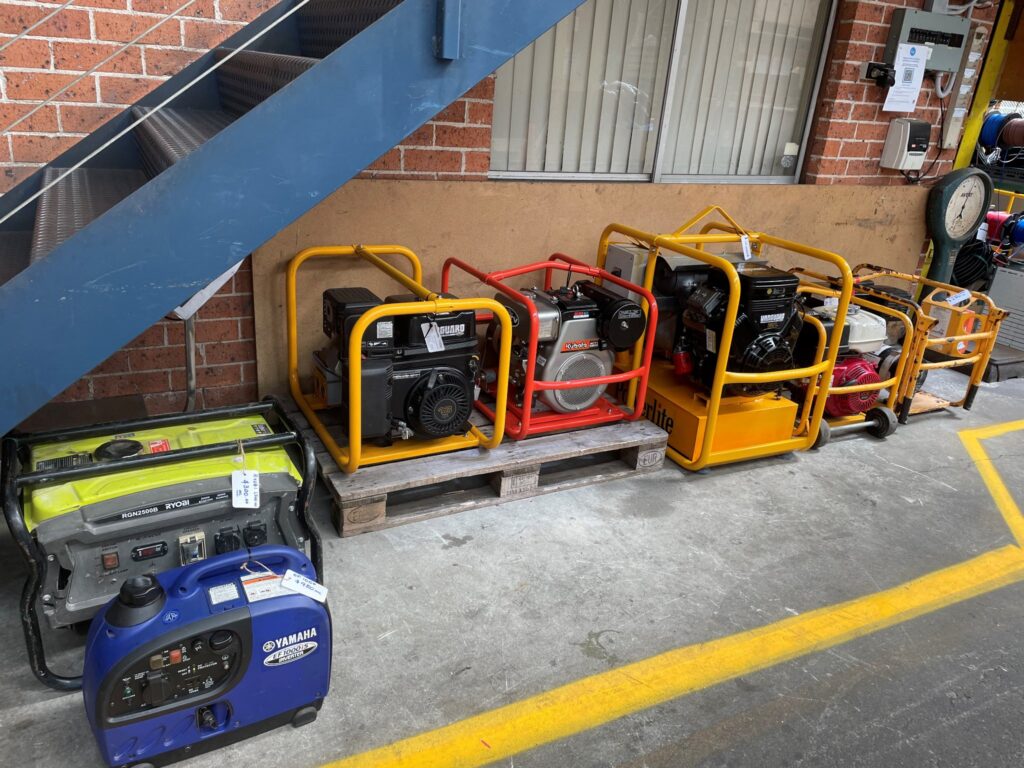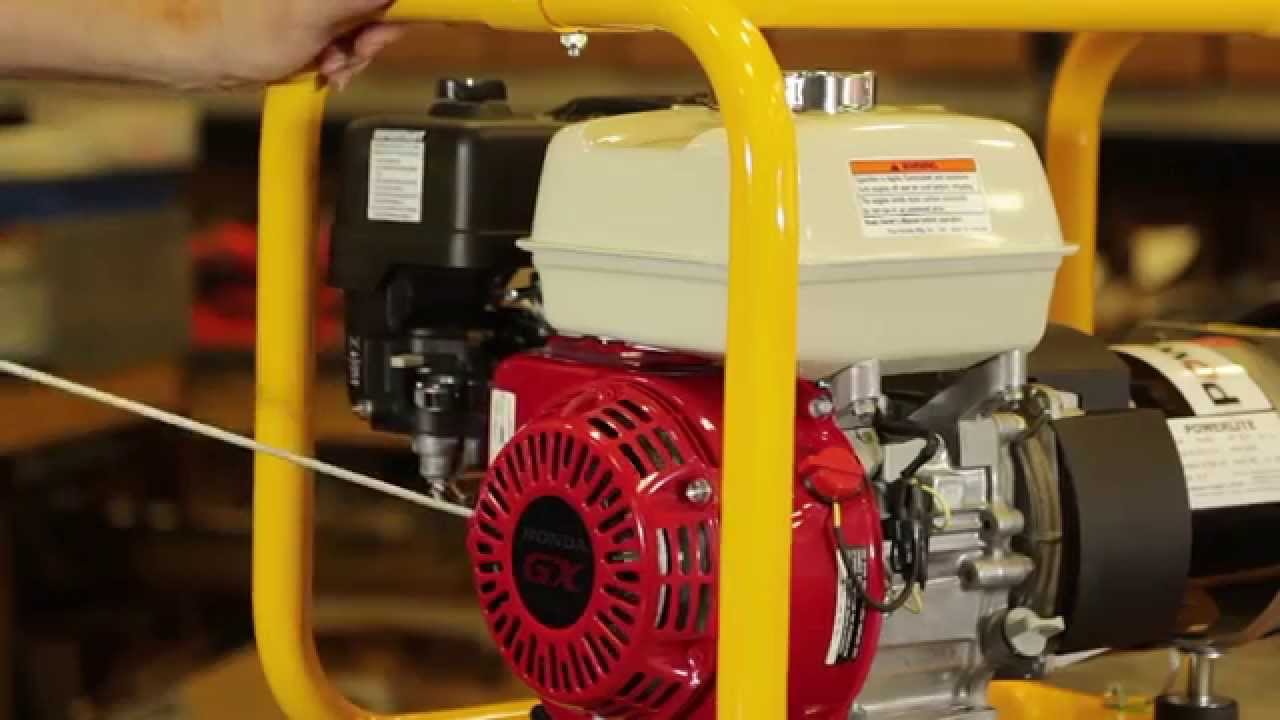In a world heavily reliant on electricity, power outages can cause significant disruptions to our daily lives. Having a reliable backup power source is crucial, whether it’s a natural disaster, maintenance work, or an unexpected grid failure. This is where generators come into play.
In this guide, we will explore the world of generators for sale, discussing different types, features to consider, and tips for making the right purchase decision. So, let’s dive in and ensure you have the power you need when you need it!
Table of Contents
Generators for Sale: Meeting Your Power Needs
When it comes to generators for sale, a wide array of options are available in the market. Each type serves specific purposes and caters to different power requirements, from portable generators to standby generators. Let’s take a closer look at some popular types of generators and their key features.
Portable Generators: Power on the Go
Portable generators are versatile power solutions that offer mobility and convenience. These compact units are ideal for camping trips, outdoor events, or emergencies. They run on various fuel types, including gasoline, propane, and diesel. Portable generators come in different sizes, allowing you to choose the one that suits your power needs. Some notable features to consider when purchasing a portable generator are:
- Wattage Capacity: Assess your power requirements and choose a generator with sufficient wattage capacity to run your essential appliances and devices.
- Fuel Efficiency: Look for models with fuel-efficient engines to minimize fuel consumption and reduce operating costs.
- Noise Level: Consider generators with low noise levels to ensure a quieter operation, especially if you plan to use them in residential areas or during nighttime.

Standby Generators: Reliable Power Backup
Unlike portable generators, standby generators are permanently installed and wired into your home or business’s electrical system. They automatically turn on when a power outage occurs, ensuring an uninterrupted electricity supply. Standby generators are typically fueled by natural gas or propane and offer a higher power output than portable units. Here are some key features to consider when purchasing a standby generator:
- Power Output: Assess your power needs during an outage and choose a generator to handle the load without overloading.
- Automatic Transfer Switch: Opt for a generator with an automatic transfer switch that seamlessly transfers a power supply from the grid to the generator when an outage is detected.
- Remote Monitoring: Look for models that offer remote monitoring capabilities, allowing you to check the generator’s status and receive notifications on your smartphone or computer.
Inverter Generators: Clean and Efficient Power
Inverter generators are known for their clean power output and fuel efficiency. They utilize advanced technology to produce stable and consistent electricity, making them suitable for sensitive electronics like laptops, smartphones, and televisions.
Inverter generators are typically lightweight and quiet, making them an excellent choice for recreational activities or situations where noise and portability are crucial. Consider the following features when selecting an inverter generator:
- Clean Power Output: Inverter generators produce clean, stable power with low total harmonic distortion (THD), ensuring the safe operation of sensitive electronics.
- Fuel Efficiency: Look for models with an automatic throttle system, which adjusts the engine speed based on the load, maximizing fuel efficiency and reducing noise levels.
- Parallel Capability: If you anticipate higher power requirements, consider an inverter generator that supports parallel connection, allowing you to combine two units for increased output.
Features to Consider When Buying Generators for Sale
Purchasing a generator is an investment that requires careful consideration. To make an informed decision, there are several factors you should keep in mind. Let’s explore these factors to help you choose the right generator for your needs.
Power Requirements: Assessing Your Needs
Before buying a generator, it’s crucial to assess your power requirements. List essential appliances and devices you need to power during an outage and their wattage ratings. Add up the wattage values to determine the minimum power output your generator should have. Remember that some appliances, like refrigerators or air conditioners, may require a higher surge wattage during startup.
Fuel Type: Choosing the Right Option
Generators run on various fuel types, including gasoline, propane, diesel, and natural gas. Each fuel type has its benefits and considerations. Gasoline is widely available but has a shorter shelf life and can be volatile. Propane and diesel are more stable fuels with longer shelf lives, making them suitable for long-term storage. Natural gas, if accessible, provides a continuous fuel supply but may require a dedicated connection.
Noise Level: Considering Your Surroundings
The noise level of a generator can significantly impact your experience, especially if you plan to use it in residential areas or during quiet activities. Check the decibel (dB) rating provided by the manufacturer to gauge the noise level. Lower dB ratings indicate quieter operation. Look for generators with noise insulation or low-tone mufflers to reduce noise output further.
Run-Time and Fuel Efficiency: Maximizing Usage
Consider the run-time and fuel efficiency of the generator to ensure it meets your requirements. Run-time refers to how long the generator can operate continuously on a full fuel tank. Opt for a generator with a longer run time if you anticipate extended power outages. Fuel efficiency is another crucial aspect, especially for portable generators. Look for models with eco-mode or automatic throttle control to conserve fuel and reduce costs.
Safety Features: Protecting Your Investment
Generators can pose safety risks if not operated correctly. Therefore, it’s essential to choose a generator that incorporates safety features. Some common safety features include low-oil shutdown, automatically turning off the generator if the oil level is too low, and overload protection, which prevents damage due to excessive power draw. Additionally, consider generators with grounding options and GFCI outlets for enhanced electrical safety.

FAQs About Generators for Sale
Can I run my entire house on a portable generator?
While portable generators offer versatility and convenience, running your entire house solely on a portable generator may be challenging. Portable generators are typically designed to power essential appliances and devices, such as refrigerators, lights, and electronics. It’s crucial to assess your power requirements and prioritize the most critical loads during an outage.
How do I determine the right size of generator for my needs?
Determining the right generator size involves calculating your power requirements—list appliances and devices you want to power during an outage, noting their wattage ratings. Add the wattage values to find the minimum power output your generator should have. Choosing a generator with a slightly higher capacity is recommended to accommodate surges during startup.
Can I connect a portable generator to my home’s electrical panel?
Connecting a portable generator to your home’s electrical panel requires a transfer switch. A transfer switch allows you to safely switch between the generator’s power and the utility power. It prevents back feeding, which can endanger utility workers. Hiring a qualified electrician to install the transfer switch is essential to ensure compliance with electrical codes and safety standards.
How often should I maintain my generator?
Regular maintenance is crucial to keep your generator in optimal condition. Following the manufacturer’s maintenance schedule is recommended, which typically includes tasks like oil changes, filter replacements, and spark plug inspections. Additionally, perform regular tests to ensure the generator starts and operates correctly. Consult the generator’s user manual or contact the manufacturer for specific maintenance guidelines.
Are standby generators noisy?
Standby generators are typically quieter than portable generators due to their soundproof enclosures. The noise level can vary depending on the model and manufacturer. It’s advisable to check the manufacturer’s specifications for the dB rating of the standby generator. Additionally, consider the distance between the generator and occupied areas to minimize noise disturbance.
Evaluate Your Power Needs
When securing a reliable power source during outages or off-grid situations, generators are indispensable. Choosing the right generator requires careful consideration, whether you opt for a portable generator for on-the-go power or a standby generator for seamless backup power.
Evaluate your power needs, fuel preferences, noise requirements, and safety features to make an informed purchase decision. With the right generator by your side, you can have peace of mind, knowing you won’t be left in the dark when you need power the most.


